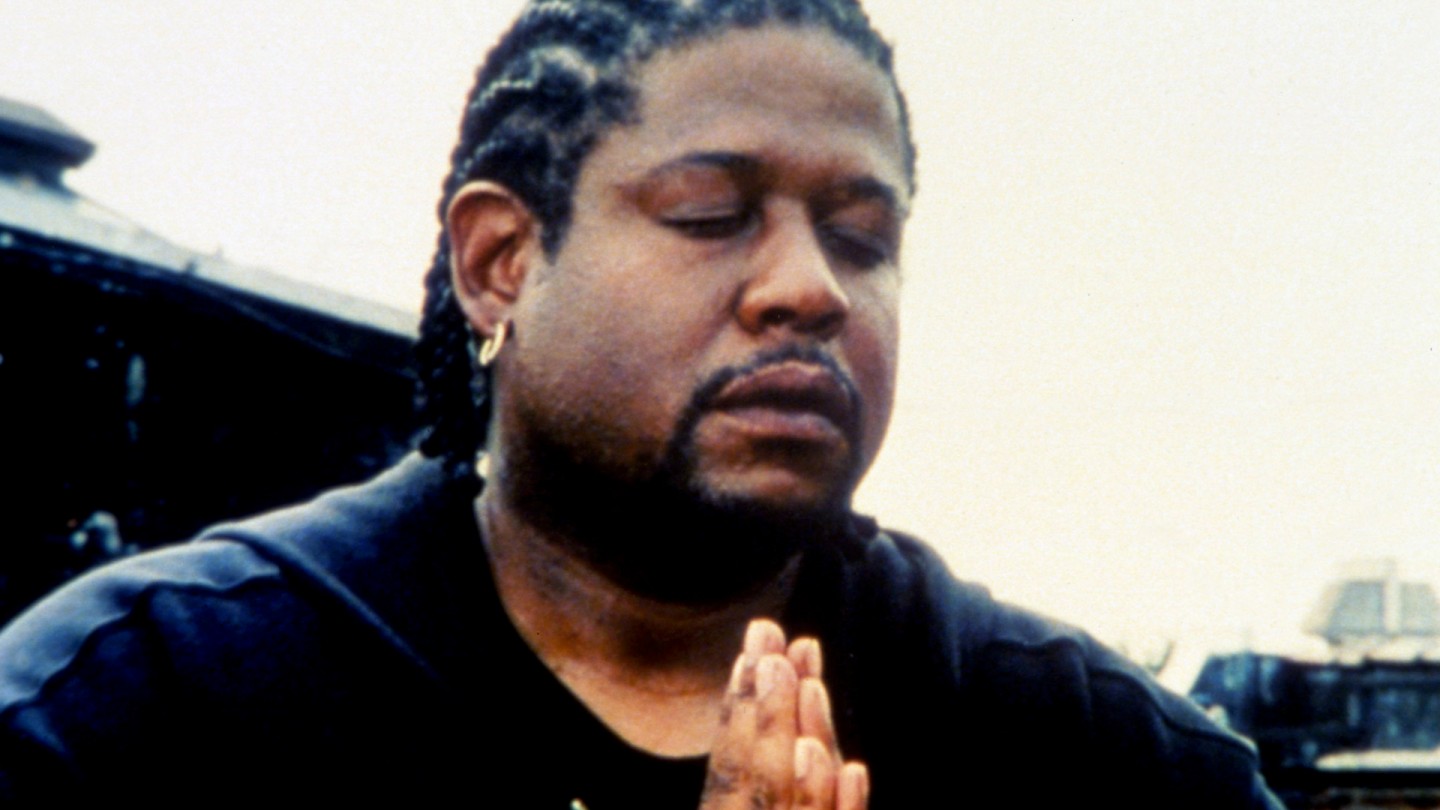
Unlike the 90s, when movies were driven by good scripts and talented directors, the 2000s saw a shift by studios to movies that could produce large profits and multiple sequels, and in turn, drive profits in merchandising. CGI came into its own, turning many movies into nothing more than cartoons with a few live actors put in for good measure.
Some movies like the “Lord of the Rings” trilogy managed to (for the most part) keep the CGI in check and tell a good story, but others (talking about you, George Lucas) took the viewer for granted in the name of maximum profit. But all is not lost; you have to look carefully, but underneath the bloated decade, you can find some movies that bucked the trend and tried to tell a compelling story. Here is a list of those movies that tried to go against that trend but didn’t get the recognition they deserved.
1. Before the Devil Knows You’re Dead
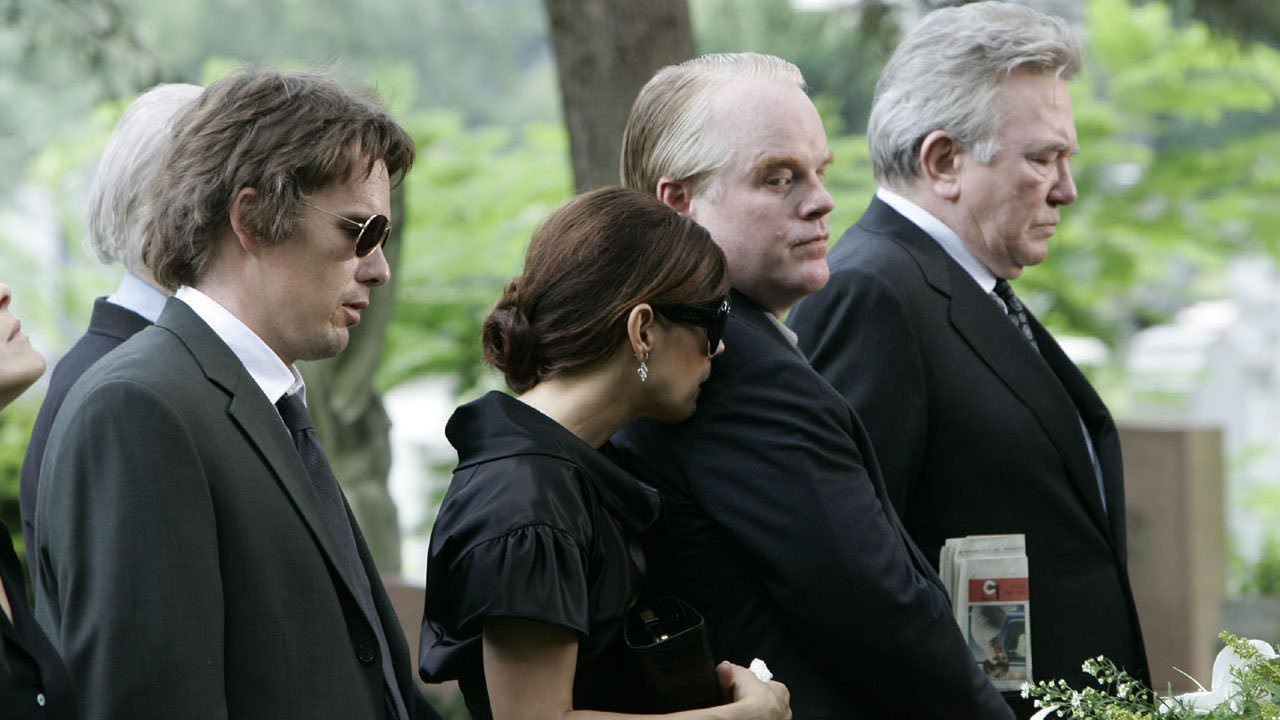
“Before the Devil Knows You’re Dead” stars Philip Seymour Hoffman as an successful but drug-addicted executive in financial trouble who conspires with his less successful brother to rob their parents’ jewelry store. When things go wrong, as they usually do in movies like this, the viewer is left watching the tragic destruction of a family. This movie, while questioning the dynamics that hold the modern family together, is an emotional rollercoaster that is compelling from beginning to end.
There are two big reasons to seek out this movie the few times it is actually shown on television. One being the great director Sidney Lumet, who directed the film, died shortly after it was completed, making this his swan song.
Considered an actor’s director, his movies mostly bypass the large scale of other great directors, and instead, lets the actors tell a more focused character-driven story. With this movie, he went out at the top of his game and it’s a real shame that this consistent director has never won an Oscar.
The other reason to watch this movie is that it contains some of the best acting of the 00s. Hoffman was arguably the best actor of the 00s, and Lumet gets a tour-de-force performance from him; his breakdown scene in the car is some the best acting in recent memory and will leave no one with a dry eye.
Albert Finney, Marisa Tomei, and especially Ethan Hawke (never better) all provide some of the best supporting work in recent memory with all giving layered performances. This is an underappreciated movie that unfortunately came out in a year heavy with great movies like “There Will Be Blood” and “No Country for Old Men”.
2. Boiler Room
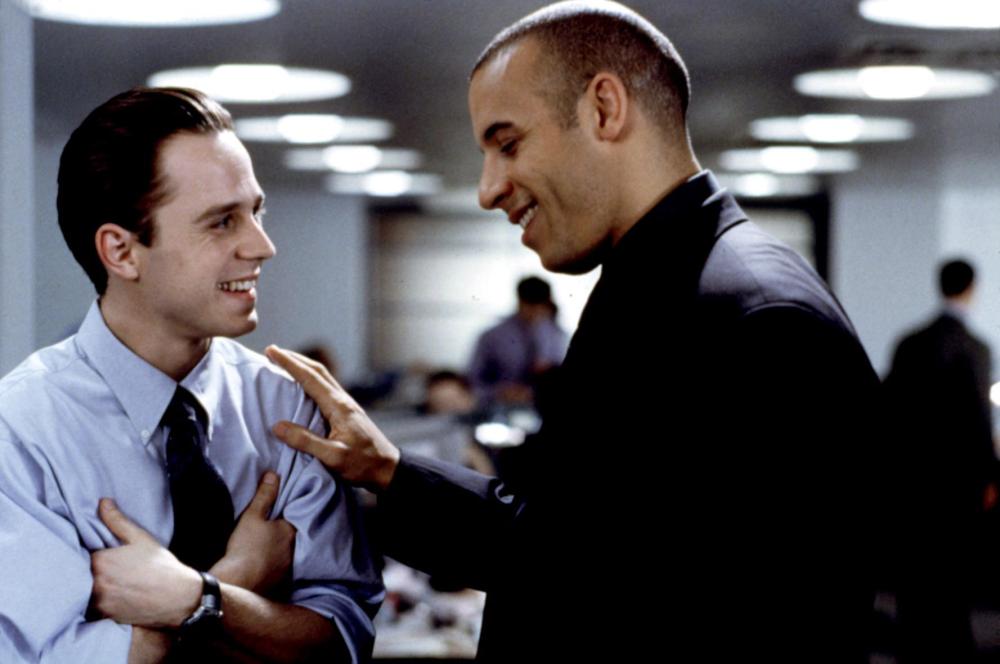
A movie like this can sometimes feel like a shell game; you go into it thinking it’s a movie about Wall Street brokers and how they scam the system, and come out watching a movie that was primarily about a relationship between a father and son. You would not be blamed if you thought you were misled, except for the fact that the movie is quite good.
In many ways, one could argue this should be the sequel to the movie “Wall Street”, not the lame “Wall Street: Money Never Sleeps”. Giovanni Ribisi stars as a college dropout running a successful but illegal gambling operation. He decides to take a stockbroker position in an off-Wall Street firm selling junk stock in order to please his father (played by Ron Rifkin), who disapproves of his gambling operation.
Briskly paced and well-written, the movie nicely contrasts the shady side of Wall Street with that of a son who is willing to screw people over if it wins him the approval of his demanding but loving father. Ribisi and Rifkin play off each other nicely, giving the movie an emotional depth that would be absent if the movie solely focused on Wall Street.
There is some fine supporting work, but look for a cameo from Ben Affleck as one of the managers of the firm. He completely rips off Alec Baldwin from “Glengarry Glen Ross”, but you’re willing to forgive him because he is so entertaining and really sets up the movie nicely in the beginning.
3. The Messenger
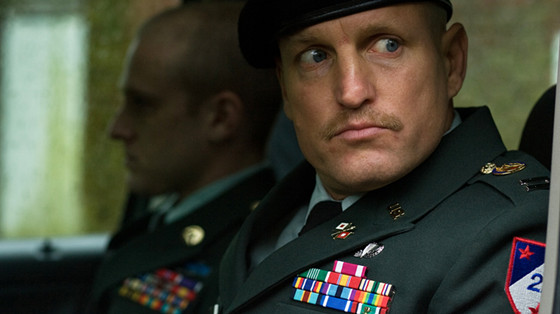
In recent years, there have been more than a few movies dealing with our recent military involvement in both Iraq and Afghanistan. Some like “The Hurt Locker” and “Zero Dark Thirty” are quite good and effectively give us a view of what it must be like to fight the War on Terror. Though it didn’t get nearly the attention that these movies received, “The Messenger” is a good movie that looks at these engagements from the perspective of the home front.
Starring Woody Harrelson and Ben Foster as two soldiers assigned to the Casualty Notification Team, their job is to notify next of kin of soldiers killed in action. It is a low-key character study that effectively shows the complications that arise when these soldiers try to deal with giving devastating news to families on a daily basis, and at the same time trying stay emotionally detached in order to keep their sanity.
Harrelson, who gives an Oscar-nominated performance, is very good as the more experienced soldier and recovering alcoholic who is trying to teach Foster’s character the ropes. Foster, who has the more difficult role, gives an effective low-key performance as a soldier recently back from deployment dealing with physical and physiological scars he carries, while trying to not act on the feelings he has for a recently widowed mother.
As good as these two actors are, what really makes this movie stand out is Steve Buscemi’s supporting role as a devastated father. He is in only two scenes totaling about 10 minutes, but they are absolutely both heartbreaking and uplifting.
The first scene when he receives the bad news is so gut-wrenching that the only movie about war that comes close to the emotional impact of this scene has is 1977’s “The Deer Hunter”. The second scene near the end leaves the movie on such an uplifting note that it effectively changes the tone of the whole movie. Buscemi proves again why he is one of the best character actors in recent memory.
4. Open Range
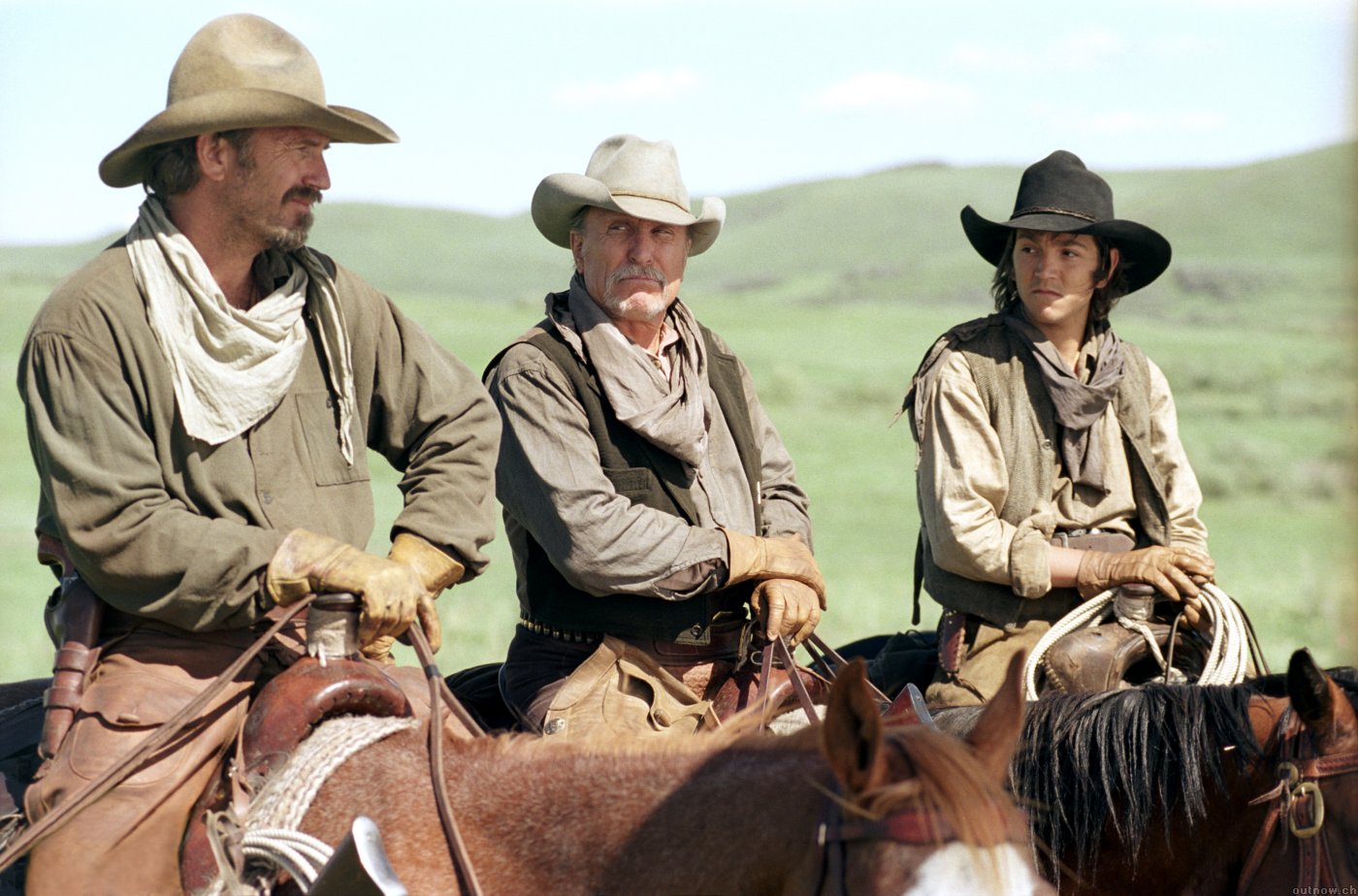
Kevin Costner is one of those actor/directors who has done excellent work over the years, which is hidden beneath some terrible choices in movies. One such movie that shouldn’t be overlooked is the western “Open Range”.
It also stars Robert Duvall as the leader of a group of cowboys free grazing their cattle across the open prairie. They run into trouble when they get close to a town controlled by a rancher and corrupt sheriff. In many ways, it’s a throwback western that throws out the revisionist tendencies of modern westerns in favor of great cinematography, a simple well-paced story, and one the best staged gunfights in recent memory.
Costner, who directed the movie, smartly steps aside and gives Duvall top billing, and the movie is better for it. He proves once again why he is one of the greatest living actors and is the heart and soul of the movie. Costner is no stranger to westerns and lets the cinematography, story, and Duvall’s presence drive the movie. He and Annette Bening also have a side story that adds nicely to the movie overall without competing with it.
Unlike “Dances with Wolves”, which was a good movie that hasn’t aged well, “Open Range” shows a more experienced Costner telling a less flawed and overall more satisfying story.
5. Pollock
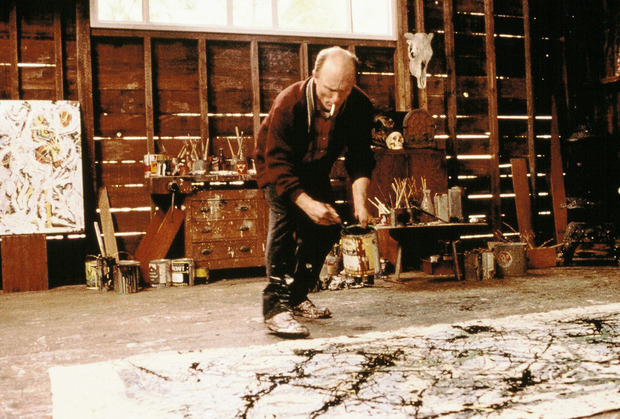
Starring Ed Harris and Marcia Gay Harden, “Pollock” is the true story of famed painter Jackson Pollock who, while truly talented, was also mentally unstable and an alcoholic. It’s a gritty movie that doesn’t shy away from the more unpleasant moments in his life.
For the most part, it’s a two actor movie that focuses mostly on the relationship between him and his wife Lee Krasner, played brilliantly by Harden, who won a Oscar for Best Supporting Actress for her portrayal. Harris, who also directed the movie, spent years trying to get the movie to screen, and he even learned how to paint. This is one of those few passion projects that actually turned out to be a compelling movie.
Usually relegated to a supporting role, Harris is one of those actors that seems to do no wrong, even in bad movies. He takes center stage in this movie and it’s hard to imagine anyone else playing Jackson Pollock. He was nominated for an Oscar for Best Actor, but lost out to Russell Crowe in “Gladiator”; looking back, it’s hard to not feel that he was robbed. It was truly a missed opportunity for the Academy to reward one of the most consistent actors of the last 30 years,